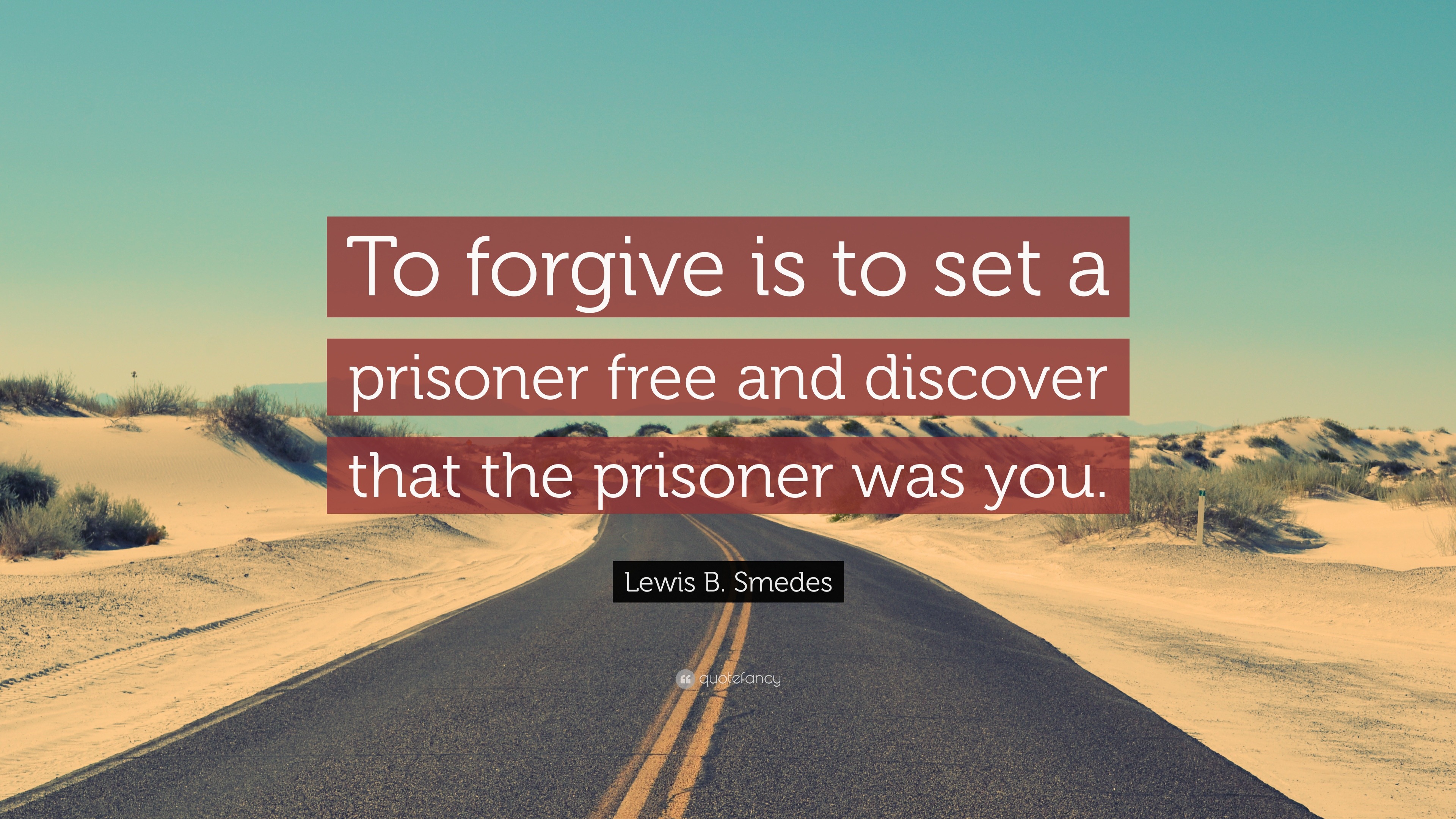FORGIVE & DON’T FORGET
FORGIVE
And whenever you stand praying, forgive, if you have anything against anyone, so that your Father also who is in heaven may forgive you your trespasses. – Mark 11:25
When I was at my lowest, I think part of the reason I was so down was because I felt very alone, cheated, misunderstood. It caused a lot of trouble for me physically and emotionally, and I wish someone had told me how CRITICAL forgiveness and gratitude would have been for me during that time (whether I would have listened or not)!
Forgiveness is incredibly important if we want to actively heal from cancer. Physically, letting go of grudges and negative feelings can reduce stress, which is good for the immune system and promotes healing. Mentally, forgiveness can lead to a sense of peace and emotional well-being, helping patients cope better with their condition. A study published in the Journal of Behavioral Medicine found that forgiveness is linked to lower levels of anxiety and depression, and improved overall health (Toussaint et al., 2015). Lisa Terkeurst starts her day by pre-forgiving whoever and whatever will come her way. What a great idea!
Sometimes forgiving someone isn’t easy. Sometimes it can seem impossible. Sometimes the hurt is too deep to even bring to mind. And sometimes it takes layers and layers of forgiveness to feel truly free. Finding a good counselor is ALWAYS a great idea, for a lot of reasons! And they may help you find a way to let go of past hurts. It just might help your recovery! There’s nothing wrong with ASKING for forgiveness, too! Speaking of which…
GETTING RID OF GUILT
GUILT. We all feel it sometimes. And it’s not necessarily a bad thing. Allowing ourselves to feel guilt and remorse is so much more productive than squashing it down deep inside us and living in denial. If there’s something we wish we hadn’t done in life, it can be healthy and healing to take it out from under all the comfortable blankets (of pride, accusing others, denial, anger and stubbornness) and put some light on it. We can look at something for what it is, admit what we’ve done, and feel remorse for doing it.
BUT WE CANNOT KEEP THAT GUILT FOR OURSELVES. Once we admit we’ve done something wrong, there’s almost nothing worse we can do to ourselves than think, “That’s just the way I am, I’ll never change.” or “I’ll live with this for the rest of my life.” NO! We weren’t meant to carry our guilt. We were meant to take it straight where it belongs, to the cross Jesus died on, drop it there, and ask Him to forgive it. And it’s a GUARANTEE that He will. Simple as that. Difficult as that.
If we claim that we’re free of sin, we’re only fooling ourselves. A claim like that is errant nonsense. On the other hand, if we admit our sins—simply come clean about them—he won’t let us down; he’ll be true to himself. He’ll forgive our sins and purge us of all wrongdoing. – 1 John 1:8-9 MSG
And if the One who made everyone and everything says your guilt is forgiven, then it IS. And that’s really, really good news.
But if we don’t dig that remorse up and get rid of it, it can create stress (which we don’t need), it can facilitate unforgiveness (which we don’t need) and it can contribute to our health problems, including cancer (which, clearly, we don’t need). Let’s get rid of it.
Please know I’m NOT saying that forgiving someone who has wronged you also means that you have to jump back into relationship with them. Sometimes that’s not healthy, ESPECIALLY if you’re trying to avoid stress because of cancer! Sometimes they’re not sorry. Sometimes they’ve passed away and you couldn’t reconcile with them even if you wanted to. Sometimes you know they would hurt you again and again. Sometimes they could be dangerous or abusive. BUT sometimes it’s necessary! If you see a path to reconciliation, and you feel it would be healthy and safe to try, then it may be the best thing! And if not, that’s ok, too! You have to do what’s best for you and your loved ones.
It’s heartbreaking and unfortunate when you can’t be reconciled to someone. Again, being completely honest with a good counselor can do wonders to help us determine what’s the best path. But, whether we reconcile or not, we CANNOT hold on to anger and unforgiveness! No matter what, we CAN do our best to let God help us forgive and heal and release them and release ourselves and not keep a record of wrongs on our end! And we SHOULD!!!


FORGIVE…AND DON’T FORGET
This is the day that the Lord has made; let us rejoice and be glad in it! – Psalm 118:24
Gratitude is essential for those of us dealing with cancer! We CANNOT FORGET the things that God has done for us, in the past and in the present. Take the time to use gratitude practices (laid out in the videos above) and REMEMBER all the times God has helped you, comforted you, orchestrated things for your benefit in such a way that you could never have done on your own! Write them down on paper. Write them down on your heart.
Remember, if we only compare ourselves to people who we think have it “better” than we do, we risk living in jealousy and bitterness. Maybe it wouldn’t hurt to TAKE A BREAK FROM SOCIAL MEDIA for a while and stop comparing ourselves to others!
A study published in the Journal of Health Psychology found that gratitude is associated with better sleep, lower levels of depression, and enhanced well-being in cancer patients (Ruini & Vescovelli, 2013). No matter who we are, no matter what we’re going through, THERE IS ALWAYS SOMETHING TO BE GRATEFUL FOR. Write it down. Speak it out loud. Practice thinking of one thing every morning that is GOOD in your life! Because there IS good in your life!

Citations:
Toussaint, L., Worthington, E. L., & Williams, D. R. (2015). Forgiveness and health: An unexplored question. Journal of Behavioral Medicine, 38(2), 341-352.
Ruini, C., & Vescovelli, F. (2013). The role of gratitude in breast cancer: Its relationships with post-traumatic growth, psychological well-being and distress. Journal of Health Psychology, 18(3), 362-371. https://doi.org/10.1177/1359105312443401
